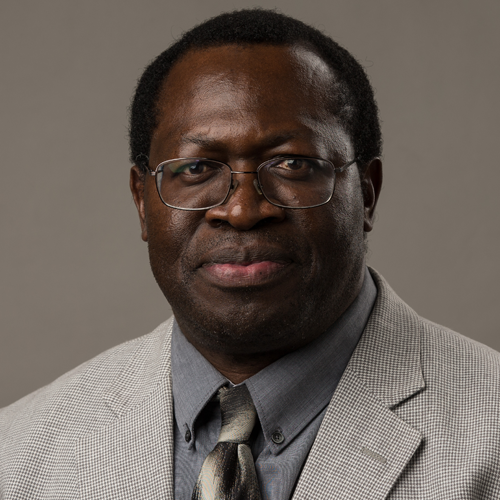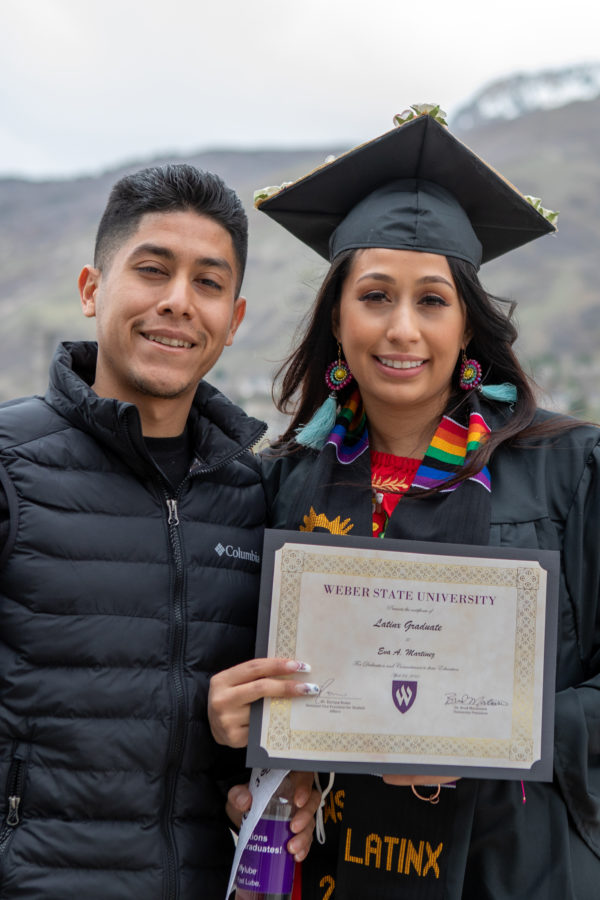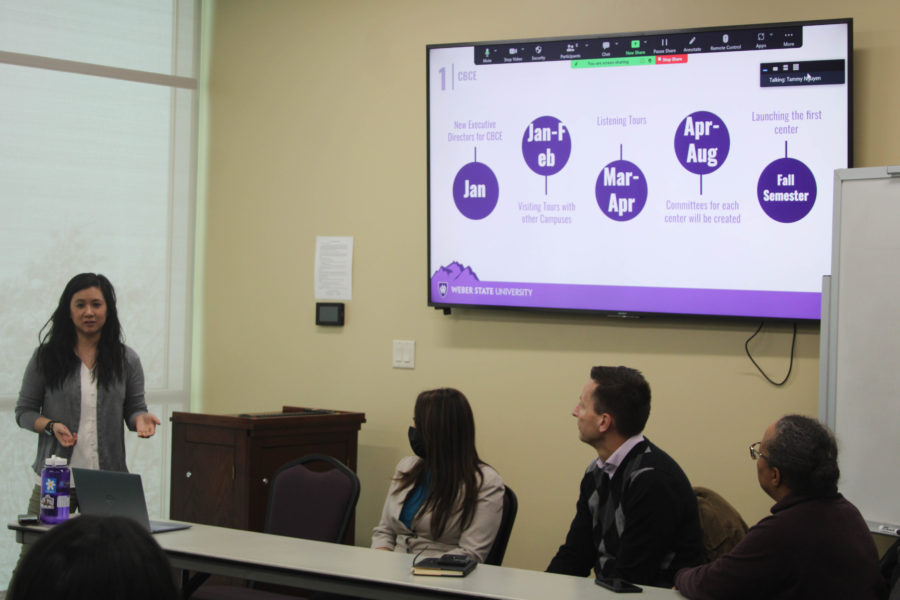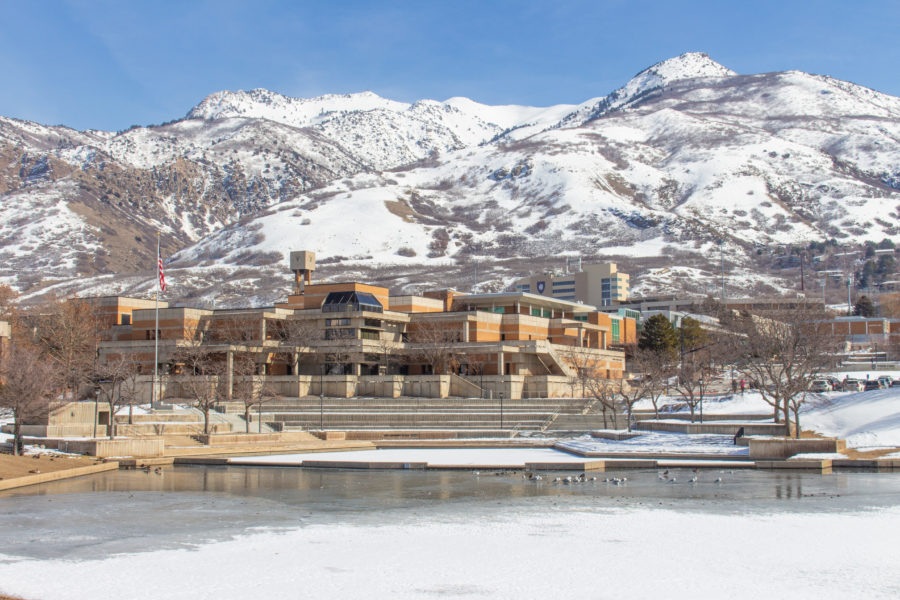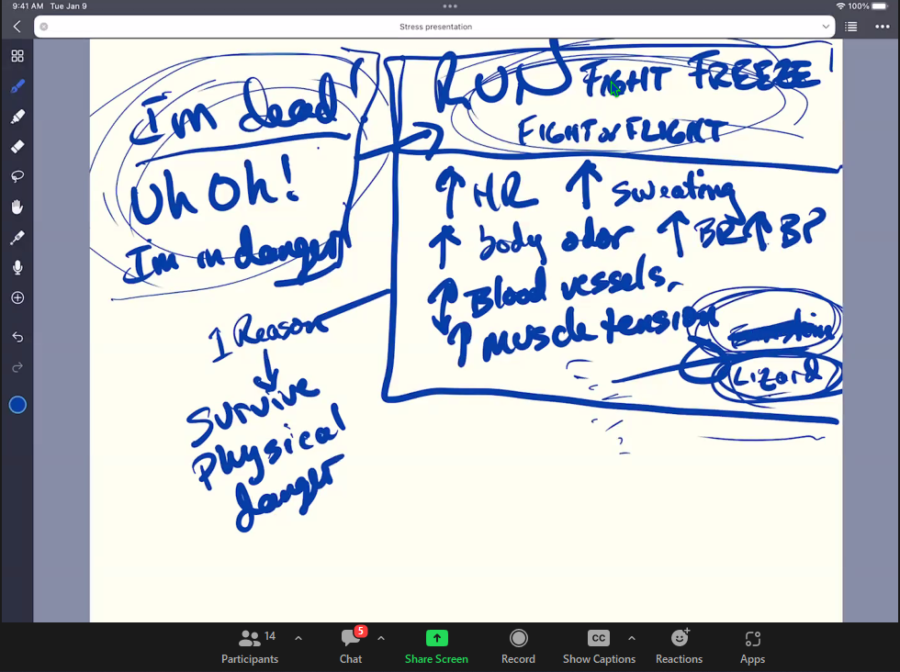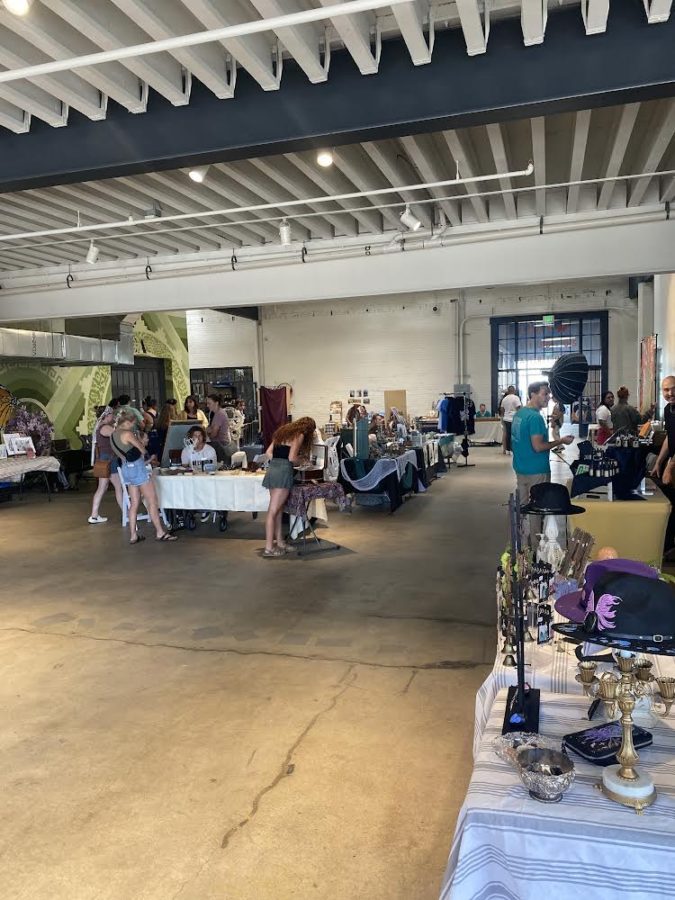
While many incoming students feel joy and anxious excitement as they prepare for college, some face a worry about the cost of attending these higher institutions.
For many underprivileged students, there is the safety net of FAFSA; the government is often able to give a Pell Grant or subsidized loans.
Unfortunately, not all students can use these resources. Undocumented and DACA-mented students often have to look for alternative resources to pay for school, as they are not eligible for government regulated financial assistance.
This can also mean that many scholarships that universities offer are also unavailable to these students, as many require the students to be a citizen.
“Some misconceptions undocumented students have is that they may not be able to pursue higher education. Some of our students don’t find out that they are undocumented until they are applying to colleges and universities in their senior year in high school,” said Enrique Romo, executive director for access and diversity.
Students who fall under the term “undocumented” are immigrants that were born outside of the United States and don’t “have a legal right to be or remain in the United States,” as described by Nolo.com.
Romo said this can affect the where the students go to attend a college or university, especially out-of-state, as tuition and fees can become costly. This can also affect undocumented students’ desire to attend a university, as they feel they are limited or not allowed to enroll.
Although policies vary state by state, Utah allows an undocumented student to pay in-state tuition via the H.B. 144 “Exemption from Nonresident Tuition” bill, so long as the student has attended a Utah high school for three or more years, has graduated or received a GED prior to the start of the term and will apply for legal immigration status or will be in process to do so when they are eligible.
An undocumented student and WSU alum, who has chosen to keep their identity private, faced various challenges, from the cost of attending to discouragement in not going college altogether.
“My parents (did not) make enough money, so the only way for me to (attend) college was through scholarships because back then, DACA did not exist,”they said. “Most scholarships required you to be a U.S. citizen, so I quickly became sad because I saw that college was not a possibility.”
The alum is referring to the Deferred Action for Child Arrivals, otherwise known as DACA. This allows undocumented immigrants who arrived in the U.S. before the age of 16, are under the age of 31 and have resided in the U.S. on or since June 15, 2007 the opportunity to receive two years of deferred action alongside work authorization, as stated by the U.S Citizenship and Immigration Services website.
Although this alum faced challenges to attend college and resentment at the thought of not being able to attend college alongside their peers, they soon found the opportunity to gain some financial assistance through Weber State and its Oportunidad scholarship. They were awarded half tuition, allowing them to attend school part-time her first year.
“Once I was at WSU I told myself that even if I had to take one class at a time, I was not going to leave school,” the alum said. “I didn’t care if it took me 10 years to finish…and I overcame it (with) the moral support people around me gave me like Monica Rodriguez and Michiko Naashima-Lizarazo from the center for multicultural excellence.”
Weber State has been open about its support for their undocumented and DACA-mented students, often giving out resources and options to pay for school. Scholarships are a main priority for undocumented students and are available so long as they meet the minimum requirements. These types of scholarships often come from private donors and don’t require the student to provide proof of citizenship.
This includes the scholarship the alum received, the Oportunidad scholarship, along with statewide scholarships such as the SOMOS scholarship, which was also received by them and paid for two full semesters of school.
The alum’s involvement in school and dedication for their education helped them achieve their goal of obtaining their degree, and due to their being a recipient of DACA, they are now working full-time.
“Our office always encourages our students to get involved and engaged so they are active students and can advocate for themselves,” Romo said. “Knowing they have a supporting and caring area where they can feel at home makes a significant difference.”
Scholarships for undocumented and DACA-mented students include the Ushli Young Hispanic Leaders scholarship and the SOMOS Liberation Foundation Scholarship, both with a deadline of Nov. 30.
The Science Ambassador Scholarship is awarded to undergraduate women who are looking to get their degree in STEM related fields and do not require proof of citizenship in order to obtain them.
Although resources for undocumented and DACA-mented students seem limited, they are available and promoted by WSU’s diversity and access office, along with the diversity and inclusive programs. These offices strive for students to obtain their degree.
“Given the political and social climate we are in, I would like to encourage our undocu- and DACA-mented students to pursue their higher education aspirations,” Romo said. “Turbulent times are ahead, and regardless of what happens, they at least can have their education with them-something no one can take away from them.”
“Even if you don’t have DACA, that doesn’t mean that something good might happen in the future,” the WSU alum said. “You should still get a degree even if you (can’t) use it because tomorrow might change and if it does, you will already be ready with a degree in your hand.”
Undocumented and DACA-mented students who are looking for scholarships and resources to pay for college can find a list at weber.edu/undocumented for more details and requirements needed to apply. This website is also available to help these students renew their DACA forms.



